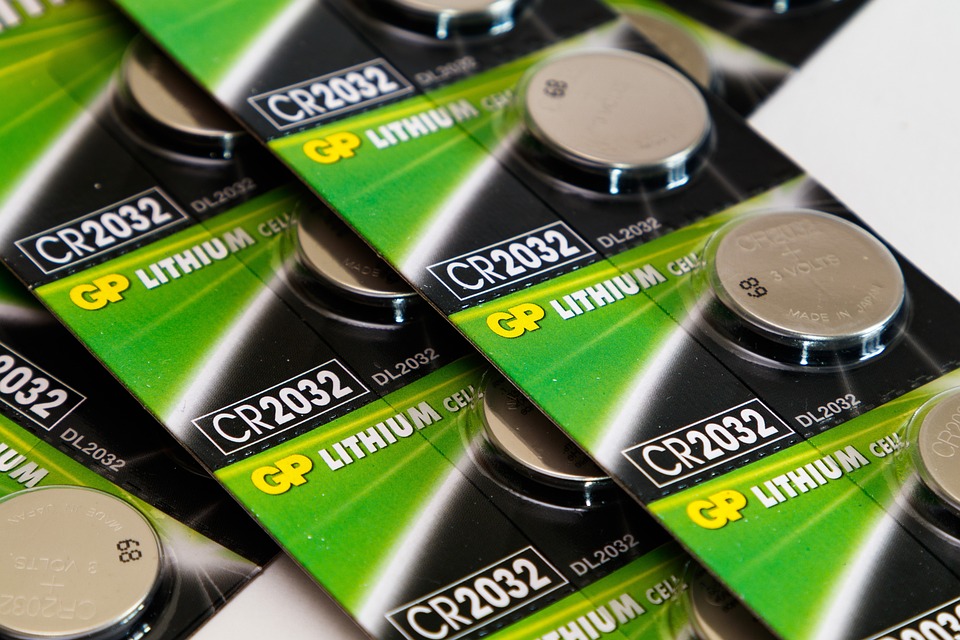The Discovery Of Lithium In Jammu And Kashmir. Explained Simply
Written by Serene Joshua, contributing writer
Why is this called India’s White Gold?
Written by Serene Joshua, contributing writer
Recently the Geological Survey of India – An Indian scientific agency that conducts geological surveys and studies in India – discovered about 5.9 million tonnes of lithium in Jammu Kashmir, along the Salal- Haimana region in the Reasi district on the 9th of February 2023.
This has major implications for India, and has even been called India’s “white gold”.
So let’s explore what exactly lithium is and what its discovery means for the country.
3 Key points to know about the discovery of Lithium in Jammu and Kashmir
- Lithium is a soft metal, shiny and low in density.
- It is a chemical element of Group 1 (Ia) in the periodic table, the alkali metal group
- It’s the lightest of slid metals
Lithium has many uses – is especially important in making batteries for electronics.
What exactly is Lithium?

You may have come across Lithium in a chemistry class or on a periodic table, but what exactly is Lithium?
Well, Lithium is a soft metal, silvery white in colour, very light in weight, extremely reactive, and can combust easily. Its density is lower than water, rare for metal, which means it can actually float on water.
A quick look at the discovery of Lithium
Lithium was discovered in 1817 by Johan August Arfwedson in Sweden.
Much later, in 1949 the Australian psychiatrist John Cade used lithium to treat mental health problems which was another major breakthrough for the use of Lithium.
It underwent many different forms of application and is most recently used for batteries and other electronics, the exact details of which we will talk about shortly.
Lithium is not found in its natural form but rather as a part of mineral rocks, water bodies like springs, etc.,
Sounds cool right?
Here are ten facts about Lithium that can help you better understand this metal.
- Lithium is a soft metal, so soft that you can cut it with a Knife!
- Lithium is often termed a cosmic metal which means that it was a product of the Big Bang and is also said to be the only metal to come directly out of it.
- If you were to burn lithium it produces a flame that is bright red in colour
- Lithium is from the Greek word “Lithos” which means stone.
- It has a very low melting point and a high boiling point, just like Gallium
- Lithium is the lightest metal, so light that it can float on water!
- Lithium is often stored in petroleum jelly or paraffin wax to prevent exposure to air as it is highly reactive
- Lithium can be used to create soap!
- Lithium is said to be found in huge quantities in the world’s oceans, about 230 billion tonnes!
- Scientists also believe that lithium is the 25th most common element in the world.
What is lithium used for?

So, what’s so great about lithium?
Well, Lithium is a very important resource for the world we live in now and this is because of many reasons.
Most importantly, it is used for batteries
Beginning in the 1990s, a lot of research has been done to use lithium for batteries used in vehicles and other storage devices.
Have you come across the term “Lithium-ion batteries”? If you have then you know how popular Lithium is as they are used extensively in batteries for our cell phones, laptops, power banks, cameras, etc.,

When it comes to vehicles, lithium batteries are the best to use as they can contain a lot of energy and it can hold this energy for a long period of time.
Why is this discovery of lithium important for India?
Now that we know what Lithium actually is and how it can be used, let’s get back to its discovery in Jammu and Kashmir and what it means for India.
5.9 million tonnes of lithium is a huge amount of lithium and this has many positive and negative consequences for the country.
Firstly, India currently depends on imports of laptops, batteries, and other electronic devices, and with the discovery of lithium in our own land these will be significantly reduced and in time India can start exporting lithium to other countries as well. This will be helpful in improving India’s economy in general.
The Lithium reserves put India on the Map along with Australia, Chile, and China which are the other countries with the largest Lithium reserves.
Secondly, this discovery has a huge implication for the environment. In order to tackle climate change India is aiming to achieve net zero emissions by 2070, and electric vehicles are a huge advantage in achieving that goal. Electric vehicles use Lithium for their batteries, so the Lithium reserves could greatly help in achieving that goal.
However, this also has a negative effect on the environment. The Himalayan region is a very fragile area that has faced a lot of disasters like the Sinking of Joshimath for example, which was caused due to construction and unplanned infrastructure.
Therefore, if mining for lithium is not done properly, this could lead to serious loss of biodiversity, pollution, and other serious environmental issues.
So, on the one hand, it can prove useful to sustainability and the environment and on the other hand, if not done carefully the mining could cause severe damage.
However, keep in mind that the 5.9 million tonnes is just an approximate number, there has been no confirmation that this is, in fact, the real volume, and needs further observation and research.
Even if it is, it will take a while before we can actually start using lithium. From mining Lithium, making it useful, and exporting it, the lithium in Jammu and Kashmir has a long way to go.

Better Your Child’s G.K. In 3 Minutes – Get This Free Newsletter
Get fun facts, simple and easy news, quizzes, and lots of other interesting things to read in your mailbox – for free! It’s what we call GK-on-the-go!
I Kid You Not now has a large readership across India and also parts of the world. If you want to write for us, you can submit your story here. You can also apply to become a news anchor. Apply here



Comments